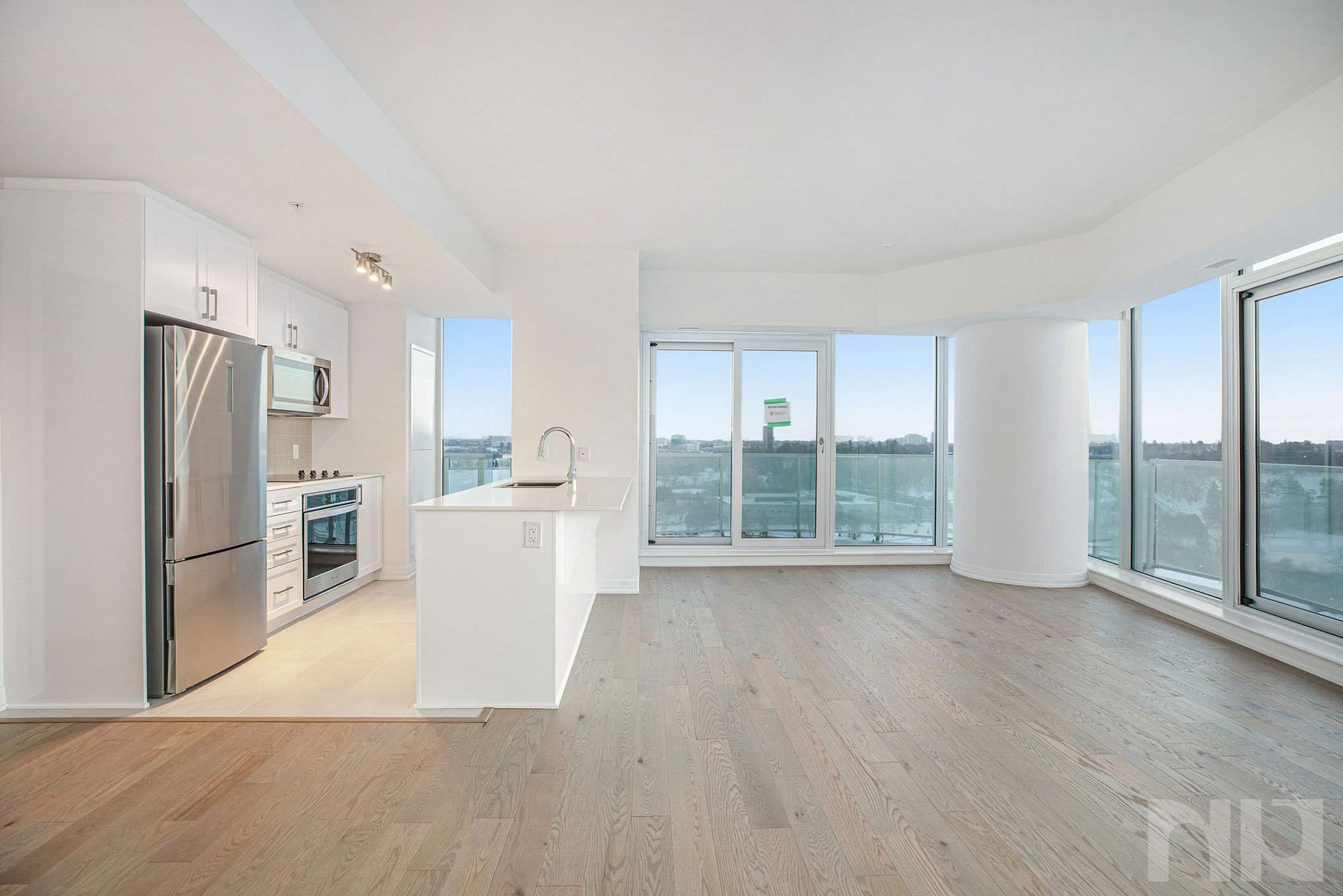
As the Ottawa condo market continues to stabilize in 2025, many owners are wondering if now is the right time to sell — and how to make their unit stand out in a sea of listings.
The truth is: buyers are still active, but they’re careful. Inventory has increased across the downtown core and beyond, and buyers are taking their time, comparing square footage, fees, layouts, and amenities before making a move. If you’re thinking about selling your condo this year, preparation and positioning are everything.
Here’s what you need to know before listing your condo in 2025.
The Market Is Smarter — and Slower — Than Before
Ottawa condo buyers are more informed than ever. With higher carrying costs due to interest rates and rising condo fees, they’re digging into the numbers. That means your price, monthly fees, reserve fund health, and recent sales in your building will all be under a microscope.
Setting the right asking price is critical. The wrong number, even by a small margin, can result in low interest and a slower sale. We analyze real-time data from your building and neighbourhood to ensure you’re priced to attract serious buyers while still maximizing your return.
Presentation Is No Longer Optional
In a competitive condo market, small details matter. Units that are clean, bright, and thoughtfully presented tend to move faster, especially if they photograph well. That might mean fresh paint, minor repairs, and decluttering before we bring in a professional photographer and videographer.
We tailor our prep strategy to the condo lifestyle, where space is limited and design choices speak volumes. Our marketing team ensures your listing doesn’t just look good — it performs well on every platform that matters.
The First Week on Market Sets the Tone
In 2025, most condo sales happen within the first 10 to 14 days, or not at all. If buyers don’t engage early, the listing risks going stale.
We focus heavily on pre-market exposure, agent previews, and buyer alerts to build momentum before your listing even hits Realtor.ca. This ensures your unit is seen by the right people at the right time, with a strong call to action.
Amenities, Layout, and Fees: Make the Most of What You’ve Got
Buyers in 2025 want value. That doesn’t always mean the lowest price — it means they want to understand why your unit is worth it. Do you have an ideal layout? South-facing views? A rare parking space? Lower-than-average fees for your location?
We know what buyers are asking about because we’re working with them every day. And we position your unit to check the boxes they care about most.
Selling a Condo in Ottawa in 2025? Let’s Talk.
Selling a condo in today’s market takes more than a listing. It takes a data-driven strategy, compelling marketing, and an agent who understands the nuances of the downtown Ottawa condo scene.
We’ve helped hundreds of condo owners successfully sell their homes — and we’re here to help you do the same. If you’re considering a sale this year, reach out today for a no-obligation valuation and a tailored plan to get your unit sold.






















































